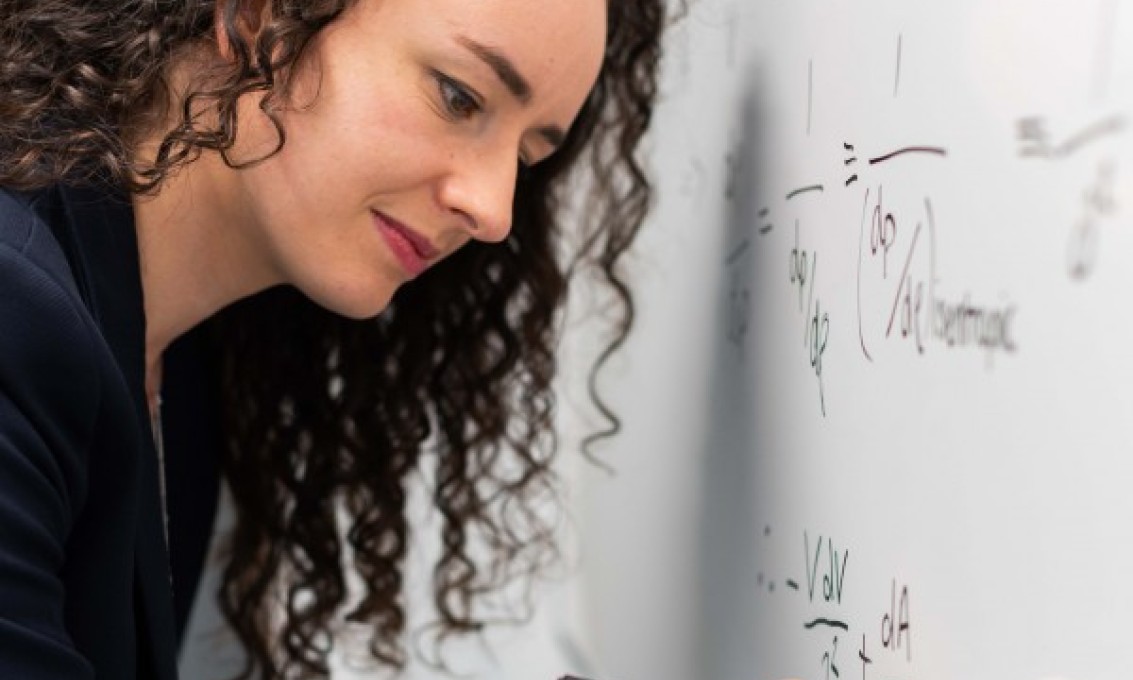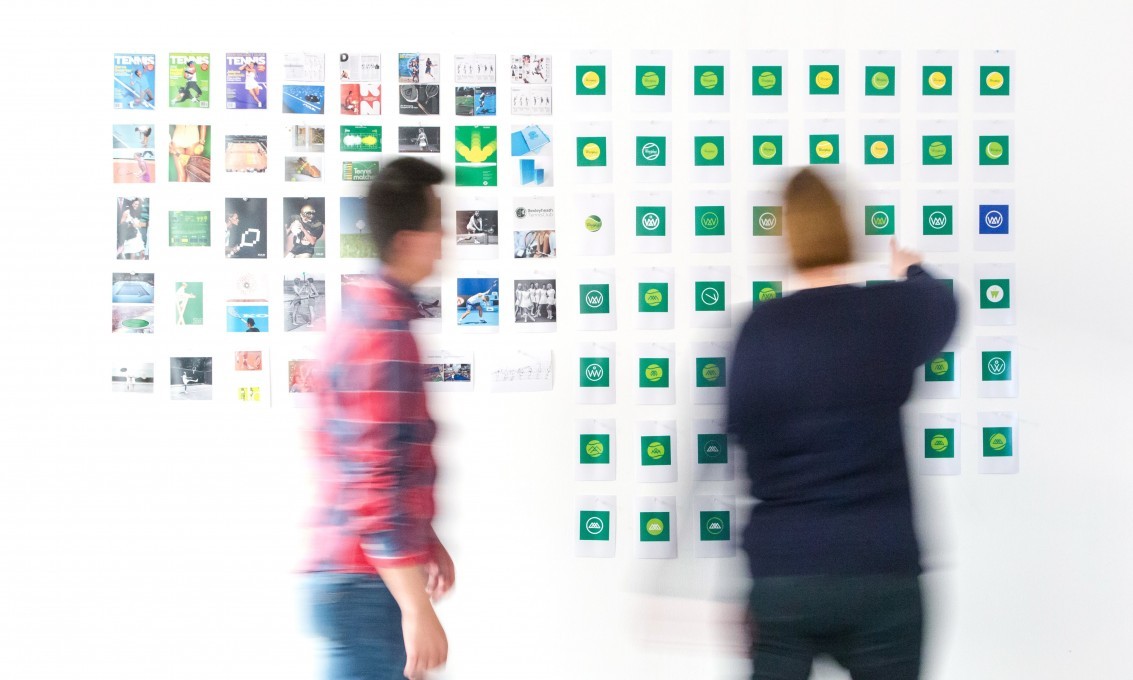Gehan Skhmot has a master's degree in Business Administration and has specialised in economics. She now works as a consultant in finance and procurement at the Norwegian Labour and Welfare Administration (Nav).
Age: 30 Current position: Advisor in finance and procurement Workplace: Norwegian Labour and Welfare Administration (Nav) Education: MSc in Business Administration Specialisation: Economics

I have always been interested in the major socio-economic issues related to labour, inequality and natural resources. By specialising in economic analysis, I got the opportunity to delve deeply into these areas.
Describe a typical working day and which tasks you work with the most.
I have an exciting position where I work as management support within the financial area, Facility Management and procurement of office buildings.
A typical working day consists of follow-up of various real estate projects and administration of practical details related to moving, purchasing furniture and miscellaneous. Part of everyday work is devoted to handling various issues related to budget and cost development.
What is the best thing about your job?
I am constantly challenged in new areas and there is a lot of room for manoeuvre so that I am able to manage my own working day. This motivates me to constantly develop myself and think outside the box. I also really appreciate that my employer is interested in offering various courses and subjects that allow me to increase my skills.
Why did you choose a master's degree in Business Administration at UiS Business School? And why did you choose to specialise in economic analysis?
I took my bachelor's degree in Business Administration at UiS and I was very satisfied with the way the programme was structured and the environment at the university. For me, it became very natural that UiS was my first choice when I decided to continue on to a master's degree, and especially because UiS could offer the specialisation I was interested in.
I have always been interested in the major socio-economic issues related to labour, inequality and natural resources. By specialising in economic analysis, I got the opportunity to delve deeply into these areas.
For my master's thesis, for example, I conducted a study in which I examined the preferences of Norwegians for economic differences. This was carried out through a national experiment with over a thousand respondents spread throughout the country. Having the opportunity to take a socio-economic area to such a high level was an incredibly educational experience for me and something I have benefited a lot from later in my working life.
Which part of your studies have you benefited most from in working life?
I find that I have benefited from large parts of the study in my working life. This is something I often reflect on when I work in a new field or when I am part of a temporary project. I constantly encounter things that I am already familiar with from when I studied. If I had to point to something specific, it would be the pure economics subjects that involve budgeting, analyses, etc., as well as the project management subjects I have taken.
Tell us about something you remember particularly well from your studies.
Something I remember well from the programme is the great feeling of community we had as students throughout the study period. It gave me enormous pleasure and motivation in everyday life. I also really appreciated how the distance between the students and the lecturers was short. Despite the fact that we were large cohorts in some subjects, there was always room to ask for help after a lecture, or an opportunity to make an appointment to get help or discuss an assignment later.
Why should others choose the same education that you have taken?
Today we live in a world undergoing major changes, and this is happening at the same time as there is an increasing need for more economists on a broader scale than ever before. I think this means that more people studying economics today will get positions that are more innovative and less traditional than in the past. I find that incredibly exciting.
What is your best advice for today's students?
It may sound a bit clichéd, but I would really recommend just enjoying your time as a student. The rhythm you have in everyday life as a student, often consisting of lectures, assignments, self-study, training and a possible part-time job, is something that you will rarely experience again.
I would also recommend them to get involved in various student organizations and/or positions advertised by the university for students. It is a very unique opportunity to get good experience while studying, at the same time as you also get the opportunity to get to know lots of new people.
Something I remember well from the programme is the great feeling of community we had as students throughout the study period. It gave me enormous pleasure and motivation in everyday life. I also really appreciated how the distance between the students and the lecturers was short.

